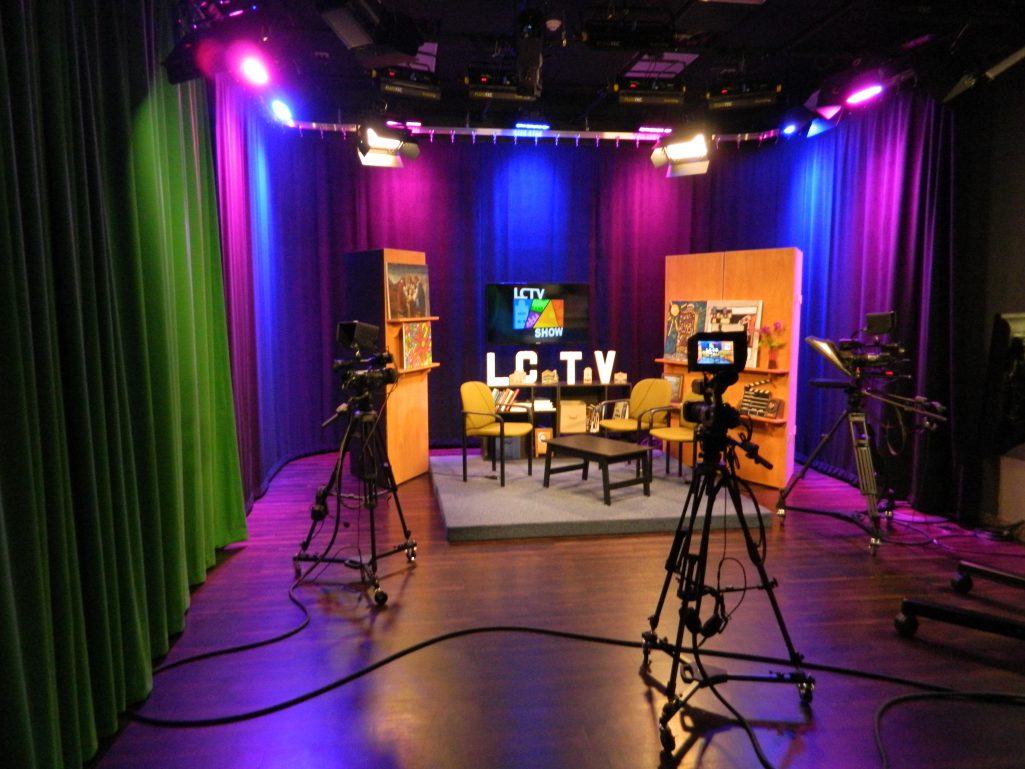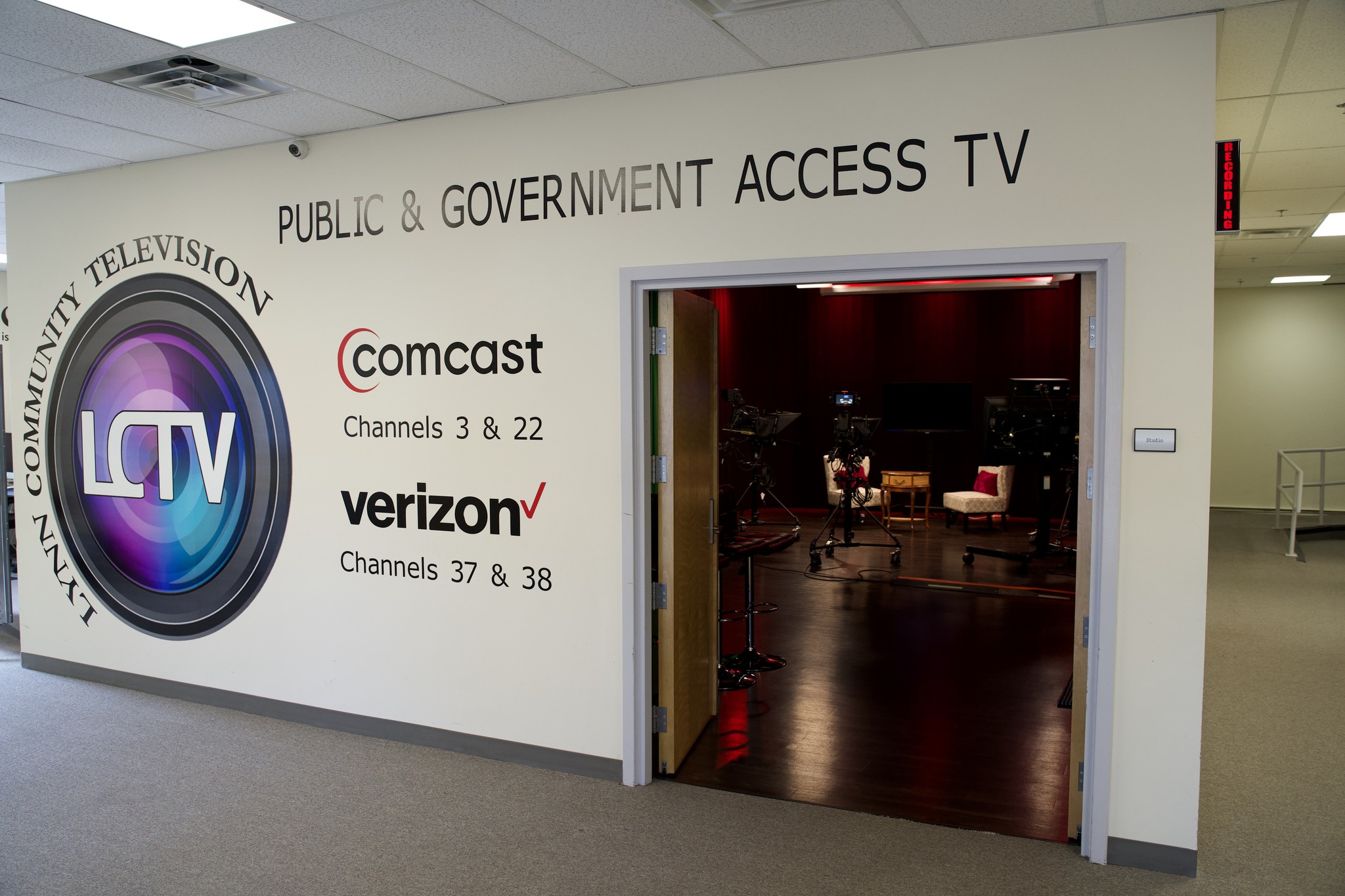
But first, a message from Executive Director, Seth Albaum:
LCTV’s weekly news program is going to have more airtime on our channel and we are concentrating more resources towards news content. We are not alone. While media access centers throughout the country have always played an important role in informing the public and covering government affairs, more are finding themselves the last in their municipalities to be able to provide any sort of local coverage at all.
Local news doesn’t create itself. Links to news, or “news,” do not just magically appear on Facebook unless people at a news operation of some sort put in the time and effort. More than likely, the people who created them need to put roofs over their heads and food on their tables. Yet, people have come to expect it for free, and as a result, there’s less of it – local news has taken a big hit, and some cities are not served at all anymore.
I’m sure you’ve heard people say, “I don’t want to subscribe to that paper online because…” of X, Y, or Z. So, what’s left if you run out of free articles from that paper you don’t want to support? Oh, so you have a buddy who sees all the meetings and tells you what happened (as someone said to me, recently.) More than likely that buddy is watching the meetings in the comfort of his or her home thanks to outlets like Lynn Community Television. What if LCTV couldn’t do that anymore.
Please read the following press release for the Legislation to Protect Community Television Act.
Washington (January 21, 2020) – Senator Edward J. Markey (D-Mass.), a member of the Senate Commerce, Science and Transportation Committee, and Rep. Anna G. Eshoo (CA-18), senior member of the House Energy and Commerce Committee, today introduced the Protecting Community Television Act, legislation to ensure that community television operations continue to receive the resources they need to educate and inform viewers in the cities and towns where they operate.
Currently, local governments are permitted to require as part of cable franchise agreements that cable companies meet demonstrated community needs by providing in-kind contributions that benefit schools, public safety buildings, and public, educational, and government (PEG) channels, also known as community television stations. However, in August, 2019, the FCC voted to permit cable companies to assign a value to these contributions and then subtract that amount from the franchise fees the cable operator pays the local community. As a result, local governments will have to decide between supporting PEG stations in cable franchise agreements and supporting other important services for critical community institutions like schools and libraries.
“In the current era of media globalization and consolidation, it is more important than ever that we stand up for the platforms that lift up small and local voices,” said Senator Markey. “Across the county, community television studios catalyze civic engagement and provide Americans with news and information they need. The need for media by communities for communities is only increasing. I’m proud to partner with Congresswoman Eshoo and so many of my colleagues in the Senate on this important legislation.”
“Community television is a critical part of our society, giving a voice to nonprofits, artists, and other community members who otherwise struggle to be heard,” said Rep. Eshoo. “The FCC’s attempt to gut these important voices is shameful, and I’m proud to introduce legislation with Senator Markey that will protect community television and ensure local voices can be heard.”
A copy of the legislation can be found HERE.
Please click here to send a petition to Congress to show your support.
The Protecting Community Television Act clarifies that the franchise fees that cable companies provide local governments only include monetary assessments, not in-kind contributions. Senators Tammy Baldwin (D-Wisc.), Tina Smith (D-Minn.), Ben Cardin (D-Md.), Chris Van Hollen (D-Md), Bernie Sanders (I-Vt.), Chris Murphy (D-Conn.), Maggie Hassan (D-N.H.), Jeff Merkley (D-Ore.), Jeanne Shaheen (D-N.H.), Richard Blumenthal (D-Conn.), Ron Wyden (D-Ore.), Kirsten Gillibrand (D-N.Y.), Marie Hirono (D-Hawaii), Elizabeth Warren (D-Mass.), and Amy Klobuchar (D-Minn.) have co-sponsored the new legislation.
Endorsers of the legislation include National Association of Counties, National League of Cities, United States Conference of Mayors, National Association of Telecommunications Officers and Advisors, Alliance for Community Media, MassAccess, TeleCommUnity, and Texas Municipal League.
“As advocates for community media across Massachusetts, MassAccess is proud to announce its support for the bill known as the Protecting Community Television Act,” said David Gauthier, President, MassAccess. “I thank Sen. Ed Markey and Rep. Anna Eshoo for leading this important legislation, which corrects what we see as an erroneous ruling made last year at the Federal Communications Commission relative to cable franchise fees. The FCC’s action was a gift to the cable industry, and this bill would reestablish the protocol that had been agreed to for decades prior.”
“Ensuring that communities across the country have the resources to meet the communications needs of Americans lies at the heart of the Telecomm Act,” said Mike Wassenaar, President & CEO, The Alliance for Community Media. “At a time when local newspapers and newsrooms are diminished, and local media jobs are being lost, community television stations in America are trying to fill a critical gap in local journalism and civic information. Congress should be stepping up to make certain that local community television stations are not shuttered and that local media jobs are preserved. The Alliance for Community Media thanks Senator Markey and Representative Eshoo for their leadership on this issue.”
In July 2019, Senator Markey led 15 of his colleagues urging the FCC to protect PEG stations. In February, Rep. Eshoo wrote to the FCC opposing its proposal to reduce access to community television.
There are more than 1,500 public, educational, and governmental studios/operations and an estimated 3,000 PEG channels in America. Religious programming represents 30 percent of local access programming. Tens of thousands of hours of programming is produced by veterans, seniors, the disabled and ethnic, minority and second language groups.

###
If you have a news story that you would like to share, please contact us via email or call 781-780-9460.
